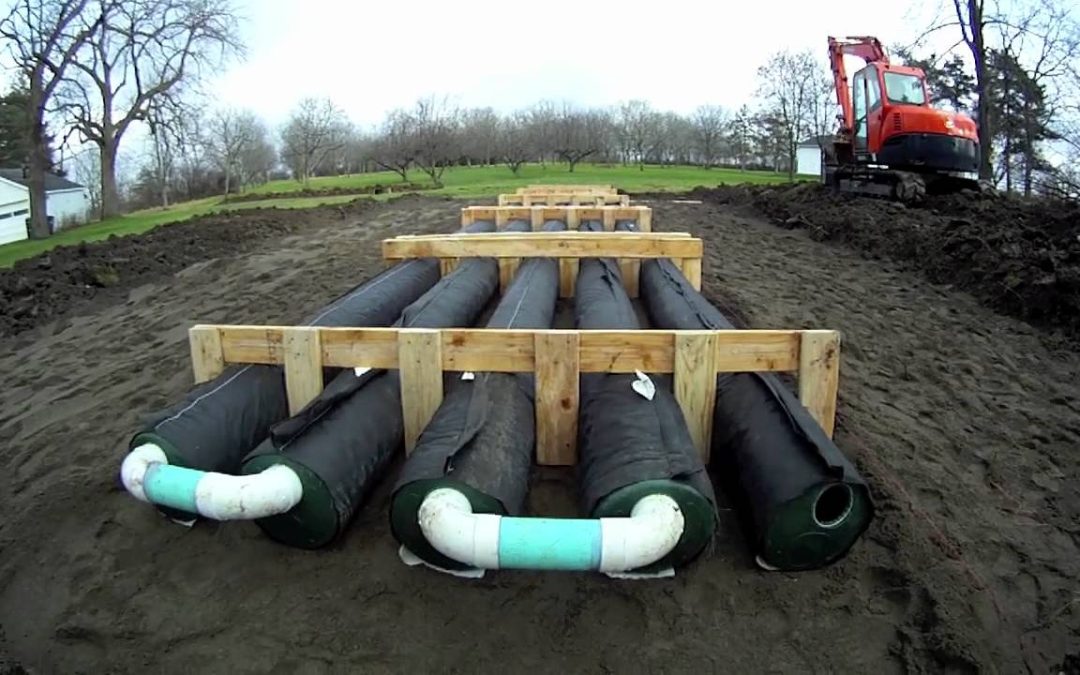Spring is finally here! This means all the snow will start to melt, and we can enjoy the warmer weather again. However, homeowners must be careful because many home sewage treatment systems can become waterlogged or temporarily closed.
Slow-running drains, toilets that do not flush properly, and water backing up into the basement floor drains are all symptoms of a waterlogged or temporarily flooded septic system.
A septic system has two main components: a septic tank that traps and biologically degrades solid waste and a drain field that provides additional biological treatments and infiltrates water into the ground. Household water flows from the house sewer system into the septic tank and then out to the drain field. Anything that slows or prevents water flow through the septic system must be addressed, as this can lead to problems.
Normal water use in the house keeps the soil in and around the drain field and septic tank from freezing throughout the winter season. Once spring arrives and the snow starts to melt, the water may infiltrate the drain field area instead of running off, which can cause high water levels and leak into the septic tank or saturate the drain field. In this situation, the wastewater from the house cannot move through the septic system easily.
If you don’t want to deal with messy headaches, follow these tips to help your septic system before and during the spring thaw.
- Make sure there are no leaking fixtures in your house. This should be your first step because even a drop of water every 15 seconds can add up to a ton of excess water to your septic system.
- Reduce water use.
- Check your faucets, shower heads, toilets, sinks and any other device that uses water to look for leaks. If you detect a leak, repair the problem right away.
- Never put the water from a basement sump pump into your septic system.
- Do not allow water from roof gutters or the sump pump to discharge into the drain field area.
- Only run your dishwasher when it is full. Also, try to reduce the number of showers or baths you take and the number of times you flush the toilet.
Homeowners are encouraged to use common sense to reduce water use in the house and help their septic system thaw in the spring. A few simple steps can make a huge difference and prevent unnecessary headaches. The drain field is designed to infiltrate the amount of water normally discharged from the house. When additional water is added to the drain field, its ability to handle household water will become limited. Additional water may be the result of rain, snow melt or flooding.
Septic System Installation Experts
Do you need a new septic system installation, or your current system needs repairs or upgrades? Look no further than Schlager Excavating and Landscape, your trusted experts in septic systems. We deliver an installation that will provide your home or business with dependable wastewater treatment for many years. Contact us today to learn more!

